Media Roundup - June 2025

June is over, which means we're officially entering the month in which every single Scandinavian simultaneously decides to go on vacation. My June... kind of sucked. I got sick at the beginning of the month, and it took me nearly two weeks to get better. I didn't get much done during those two weeks, whether it was working, reading, or writing. I want to say this is why I haven't finished that post on the 4-day week yet, but that's just as much because that one has completely gotten away from me. At the time of writing, the first draft is nearly 4000 words long, and I wouldn't be surprised if that hits 5000 before it's done. It'll be a while yet before I feel ready to publish it.
While I keep working on that, here's a roundup of things that occupied my attention this month. Enjoy!
Reading
Tsugumi Project
I've loved reading manga since I got my hands on the first volume of Dragon Ball back in primary school. I like the art, and that there are lots of series that aren't aimed at children—this is also why I prefer anime to western animation, as I find the latter rarely caters to adults. I also appreciate that—unlike most western comics (Transmetropolitan is one of my favorite comics of all time, as you may be able to guess from the profile picture I use everywhere)—I don't need to be up to date on an entire universe of interconnected series to fully understand what's going on in any given one of them. Call me boring, but I like it when I don't feel like I need a wiki to understand what's going on.
Anyway, Tsugumi Project. I hadn't heard about it before—nor was I familiar with Ippatu, the mangaka—but I spotted the first volume on the "staff recommendations" shelf of my local nerdy bookstore (shoutout to SF-Bokhandeln in Malmö). The premise sounded like my jam, and the art looked intriguing, so I picked it up.
To give you a quick summary, Tsugumi Project is a post-apocalyptic manga about a guy named Leon, who is sent to a post-nuclear war Tokyo to find a secret super-powerful weapon (the eponymous "Tsugumi"). It's pretty light on dialogue (or other writing), which makes the pacing feel quite fast. It also puts a lot more focus on the art, which is a good thing because the art is gorgeous. If I have any serious complaints, it would be that spartan word count makes the first volume a very quick read (reading the whole thing took me around 30 minutes, despite several pauses to enjoy the art). But overall, I really liked it!
In fact, I liked it so much that I originally wrote way more in this segment. Once I realized that what was supposed to be a quick summary of my thoughts was turning into a full review, I decided I'd spin that off into its own post, which you can read right now!
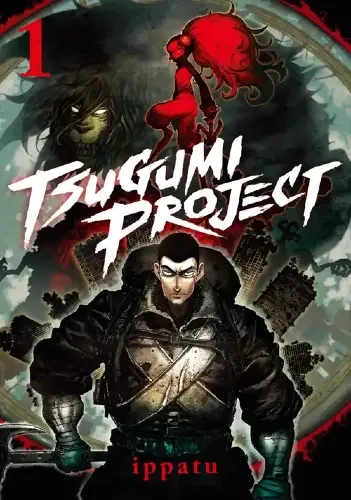
1000xResist and the objectification of everyone
I played 1000xResist early this year, and it's been stuck in my head ever since. I actually thought that I'd written about it on this site, but I guess I never did?
It's an amazing game, and one of the best stories I've played through in recent years. Possibly ever. Now that I've opened the door to posting reviews (like the one of Tsugumi Project linked above), I might write one for 1000xResist at some point. Not that I think I have anything particularly interesting to say about it that hasn't already been said by other people, such as Isaiah Colbert in his article Video Games Have A Funny Way Of Showing Up When You Need Them The Most.
Colbert's article is deeply personal, and talks about how video games have helped him navigate personal struggles. His examples range from how deleting his ex's save file in Animal Crossing helped him deal with the breakup, to how Like A Dragon: Infinite Wealth helped him process the grief of being laid off from Kotaku.
When describing the toll freelance writing was taking on him, Isaiah writes something that will immediately resonate with anyone whose played 1000xResist:
"I wasn’t a person. I was a function: Writer"
He then compares the state of games journalism to the game's setting:
[...] replacement clones in 1000xResist, known as Shells, traipsed through their apocalypse, eager to take over a function even if it came at the demise of a sister who came before them — a feeling I’d wrestled with when job postings would rear their head from the latest string of unnecessary layoffs.
Reading this was chilling, because this objectification, the reduction of a human being into from who they are into what they do, is all over modern society. We see it happening in the games industry right now; as I'm writing this, I'm getting notifications on LinkedIn from old colleagues who have been affected by the newly announced layoffs at Microsoft. Those people now join the ever-growing pool of game developers competing over a seemingly ever-shrinking pool of jobs.
But this problem isn't new to the games industry. If anything, it's core to how the industry functions. Crunch culture, poor working conditions, and subpar pay; these issues have plagued the industry since the early days, and it was all rooted in this idea. For every developer that leaves—whether it's due to burnout or just because they want a stable job with decent work-life balance—there was always someone else to take their place; someone who didn't care about all the problems, because game development is their "dream job" and they'll endure anything to work on the games they love.
To the people who run these companies, you aren't a person. You're a function: Programmer, Artist, Designer, Tester. They don't care about you beyond your ability to fulfill that function, and they won't think twice to replace you.

Parrying Is The Worst (And Best) Thing in Games
When I saw these two articles from Aftermath back-to-back in my RSS reader, I had to stop myself from cracking up on the train to work. I really appreciate Riley's argument about how parrying in video games completely fails to capture the complexity and skill it requires in real life, such as in the fencing example he gives in the article. But at the same time, I can't help but agree with Isaiah when he argues that few things feel as good as nailing a parry.
At the end of the day, I come down on the "parrying good" side of the conflict, albeit with the caveat that—like many extremely satisfying gameplay mechanics—it's only as good as its implementation. The reason why Sekiro is one of my favorite games of all time is that they basically built the entire game around parrying, and they put in the corresponding effort to make it as good as it could possibly be.
I guess it's fitting that making parrying a core mechanic of your game is just as much a high-risk/high-reward gamble as parrying itself.
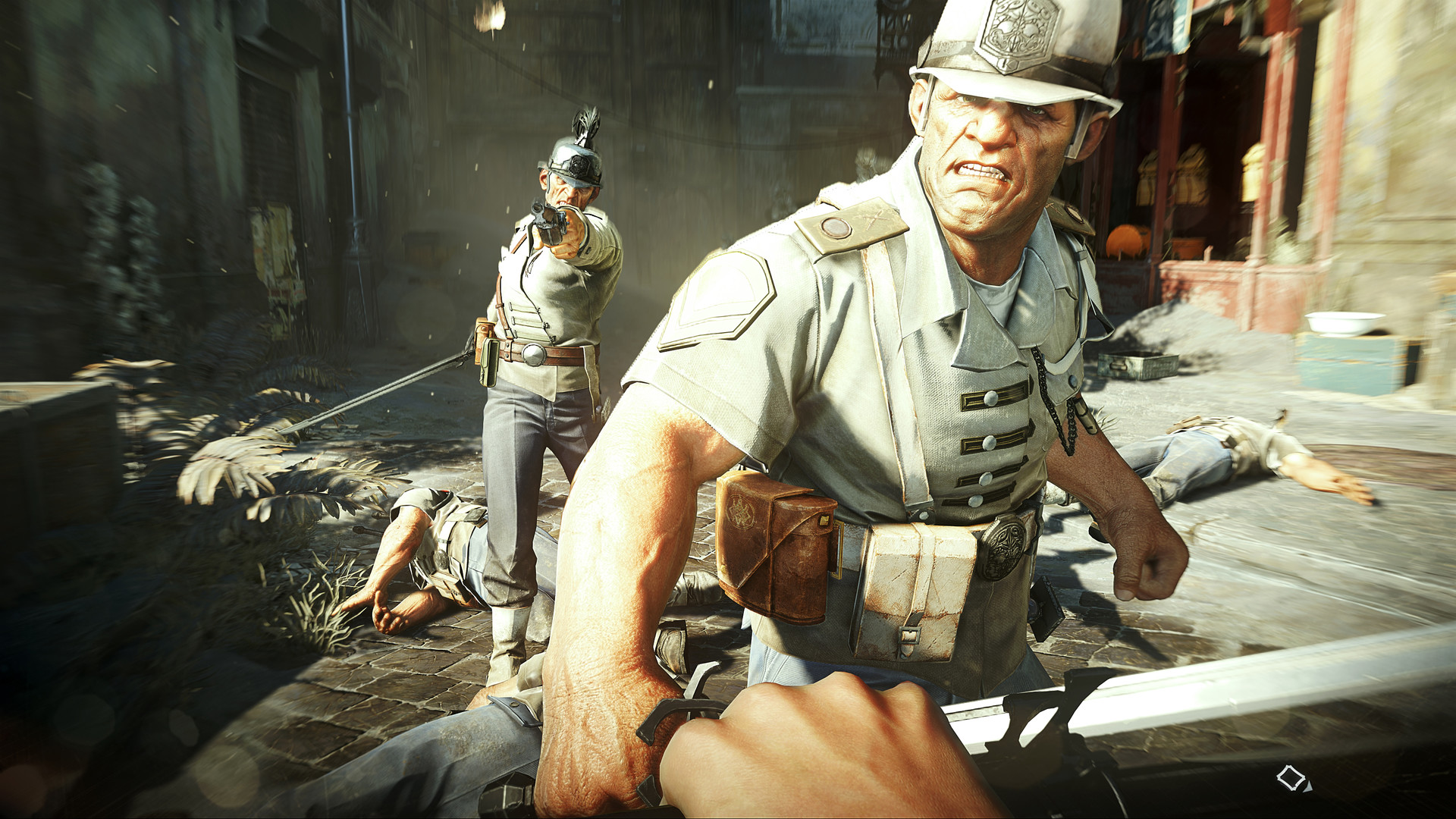
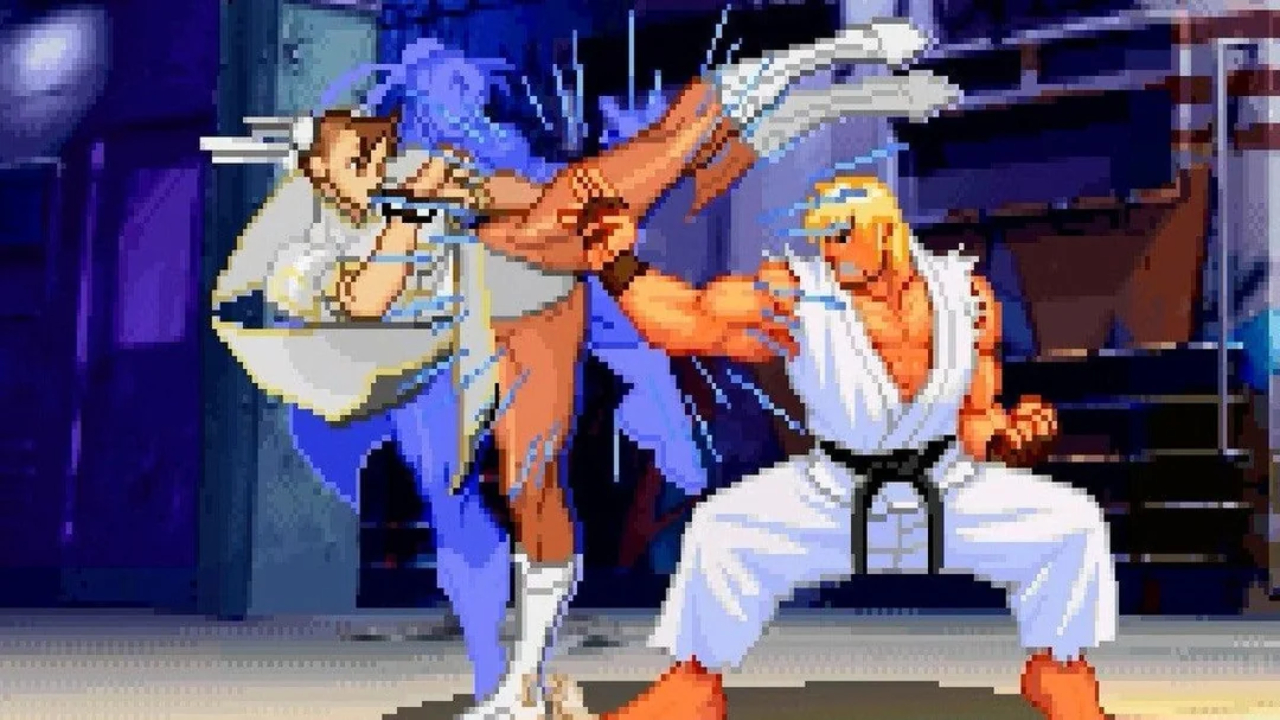
Ryan K. Rigney on deprofessionalization, and what the games industry could become
In his blog post "The Games Industry is Deprofessionalizing", Ryan K. Rigney describes how declining headcounts at AAA studios are slowly corroding game development as a stable profession. In the wake of this "deprofessionalization", game developers are essentially left with two options; leave the industry for stable employment elsewhere, or go indie.
Reading the post was chilling. Much as I think the industry would benefit from a greater number of small studios, there are conditions needed to sustain that shift that aren't met in the current economic climate. Those that choose to go indie will face an uphill climb, with game startup funding at a record low, and uncertain access to work-for-hire projects.
In a follow-up post, Rigney talks to researcher Brendan Keogh about the Australian games industry's collapse after the 2008 financial crisis. Keogh describes how the collapse of their industry left Australian game developers with three choices; leave the industry, leave Australia, or go indie.
It was go indie or go home. It was: If you wanna make video games in Australia, you will be indie.
Rigney and Keogh speculate that the games industry in the US and Europe are going through a similar process now. For my part, I think this would be a change for the better, but only if the systems and structures are in place to support it. Many traditional sources of funding for video games will likely not be available to these studios, but they will nonetheless need funding to keep the lights on until they release a game that can (hopefully) provide them with enough revenue to make them self-sustainable.
It's not only funding; developers who decide to go indie must also have a robust safety net that can catch them if their project fails (which, statistically, it probably will). Keogh puts it bluntly when he and Rigney discuss the role of a strong welfare state in establishing an indie scene:
Yeah, I mean, actually on that point, when I did interviews in Australia, what you hear is, "I'll try to go indie for my 20s and I'll see what happens." And then when I interviewed Americans, they were like "I need health insurance."
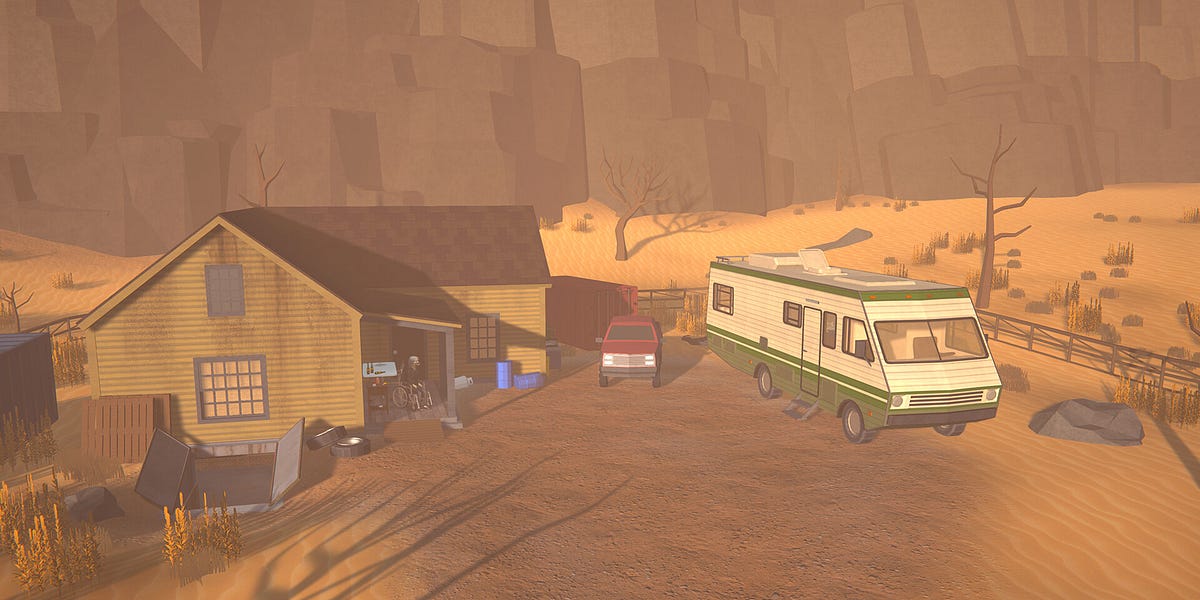
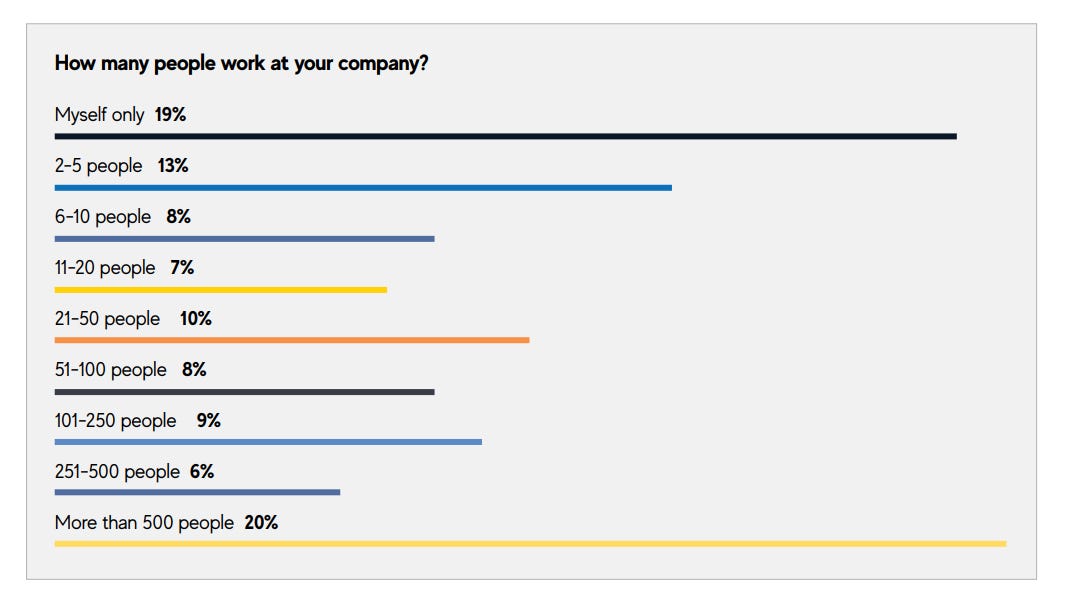
Ha-Joon Chang - Edible Economics
Ha-Joon Chang is your favorite economist's favorite economist, assuming your favorite economist is someone like Unlearning Economics or Gary Stevenson. I've read two of his previous books: 23 Things They Don't Tell You About Capitalism, and Economics: The User's Guide. I thought they were both superb, for two main reasons:
First, Chang is exceptional at explaining economics in a way that is accessible without dumbing things down; if you're interested in economics, but feel like it's "too complicated" for you, you should absolutely have a look at either of those books.
Second, Chang is a pluralist; he draws from multiple schools of thought within economics, combining and contrasting theories in order to provide a broader perspective on the field. To me, this makes his writing feel more grounded in reality than that of many contemporary economists, who I feel rely too heavily on some strong fundamental assumptions about how the world works in order to make their models make sense.
In Edible Economics, both of these aspects of Chang's writing shine as he uses food and cooking as a framing device (and occasional allegory) to explain the importance of diverse thought in the field of economics. I haven't finished it yet, but from what I've read so far it's just as good as the books I mentioned above. It's also quite short, which might make it a good first entry if you're interested in reading more about economics.
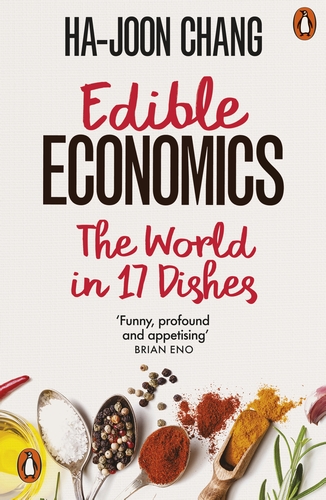
Derek Guy - Excited to Wear This Spring
It's always a good time whenever Derek Guy posts one of these. Even when I don't particularly vibe with his choices—out of the things he mentions in this post, the most inspiring were the camp-collar shirts—I find his reasoning around why he's excited about these specific garments helps me better understand what I'm excited about when it comes to clothes. So far, the warm weather has forced me out of my hoodies, jackets, and cargo pants—and into lightweight t-shirts and garments made out of materials like linen. The introduction of more linen garments into my wardrobe has made this summer one of the most comfortable I've ever had, and it's fun to experiment with how I can incorporate pieces of my usual style into my outfits.

Watching
Noah Caldwell-Gervais's Fallout Retrospective
This video was my introduction to Noah Caldwell-Gervais. It's been sitting in my YouTube "Watch Later" playlist for ages, but for the longest time I was too intimidated by the sheer length of the thing to actually start watching it.
But then my girlfriend went on vacation for two weeks, which left me with lots of time to just... sit around in my living room. I'd pop the video on whenever I felt like it, generally playing it in the background while I was in the couch playing something on my Steam Deck.
I really liked the Fallout video, so after finishing it I watched Noah's video about the Rage franchise. Having worked at Avalanche—albeit not while Rage 2 was being developed—that was an interesting watch, as I could draw from what I'd heard from coworkers over the years to put some of the things Noah was saying into perspective.
Once that was done, I started watching his Dragon Age retrospective. I'm still watching that one, but I'm enjoying it so far!
I also watched his video on Disco Elysium, because I finally finished that game. I really liked Noah's analysis, and it helped me understand some of my own feelings about the game and its writing; more on that in the next section of this post.
Playing
Hades 2 (Again)
Remember how I said in the last post that I was going to stop playing Hades 2 until it hit 1.0?
I... well, I didn't lie, I was just wrong. I picked it up again after a few days and played some more, although I've stopped playing again for now. It's still awesome, and I'm really excited to play the full thing once it's done.
...although with the Unseen Update out, maybe I'll play a little bit more? Just to see what's been added?
This a true test of my self-discipline.
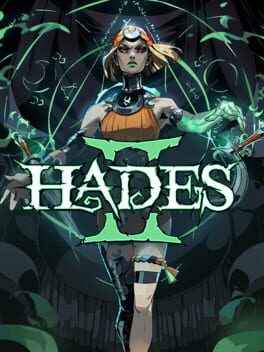
Disco Elysium
In the past, I have started playing Disco Elysium on three separate occasions. I never got more than a few hours in, which was just enough to know I wanted to play more, but for some reason I would find myself drifting off to play something else.
For my fourth attempt, I played it on my Steam Deck. I don't know if that's what changed things; maybe the lack of friction—whenever I felt like playing it, I could just pick up my Steam Deck and get going immediately—was the key. Regardless, I've finally finished it, and I have thoughts... most of which are some variety of "holy fuck, this game is good!".
In the interest of brevity (he writes, as the word count nears 3500) and to avoid spoilers, I'll focus on one specific thing—and two ways in which it manifests—that I loved about Disco Elysium:
I think this might be the first time ever that I've finished a game this narrative-focused and immediately wanted to replay it. I don't replay games much at all, but when I do it's usually more mechanically focused ones like Sekiro where the mechanics have me so hooked that I want more.
Disco Elysium gives me that same feeling, and I think a lot of that is due to the game's complete willingness to let the player miss stuff.
One example of this is the way your character build affects your playthrough. Depending on which skills you've invested, different parts of your psyche will chime in during interactions; sometimes these interjections amount to little more than flavor text—although in a game where the writing is very much the star of the show, flavor text is valuable in and of itself—but often they'll open up entire new dialogue options, leading down a branch of conversation that wouldn't be available if you invested your skill points differently.
I went with one of the pre-defined builds for this playthrough, focusing on intellect and motorics, but around halfway through the game I got some extra points in the skill called "Shivers", which lets you tap into the mood and energy of the city itself. The skill profoundly changed the mood of my playthrough; whereas the intellectual skills had presented the world to me in an objective, analytical way, Shivers made me consider the feeling of the world as I walked through it.
For my next playthrough, I want to put more focus into the attributes I didn't in this one; instead of an analytical, perceptive Harry, I want to experience a Harry who is more intuitive, and more in tune with his body. After that, I might do another playthrough focusing on the mental attributes, giving Harry both intellectual and emotional intelligence, but completely stuck in his own head.
Each of these options excites me in a way no other RPG build ever has.
The second way in which the game will gladly let you miss stuff is that anything short of your character actually dying will move the story along. Whether you make a bad choice (though one might argue there is no such thing in Disco Elysium) or fail an important roll, the game will take your actions in stride and keep going, letting you deal with the consequences of your actions.
Not only that, but failure in Disco Elysium is often just as compelling as success. I've played many games where I've save-scummed liberally, often because I thought failure was a less interesting outcome, but in this game that almost never happened. There were a few times where I'd reload a save because I really wanted a particular outcome, but there were some pivotal moments where I kept going, despite feeling like I'd made an absolute mess of things.
Like with the character builds, I want to replay the game to see what changes depending on what choices I make; if I fail where I previously succeeded, or vice versa. By allowing me to go down a completely different path based on my actions, Disco Elysium builds its own replay value by making me want to see the things I missed.










